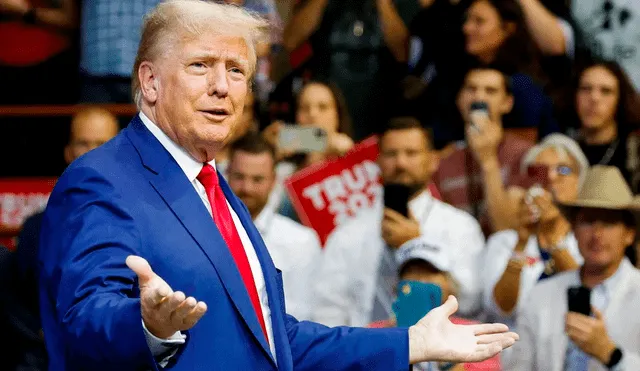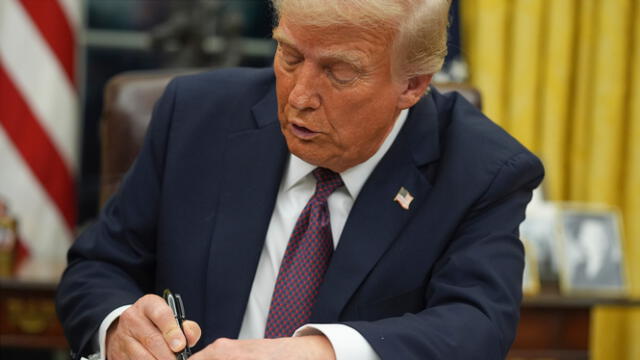Donald Trump proposes 14th Amendment changes: How this could impact birthright citizenship in the U.S.
Trump's plan to modify the 14th Amendment seeks to end automatic nationality for offspring born to undocumented residents. The initiative aims to limit unlawful entry but encounters judicial opposition and possible disputes.

Donald Trump has once again placed birthright status at the forefront of political discussions, proposing changes to the 14th Amendment that could impact immigrant families in the U.S. His plan seeks to end automatic citizenship for children born to undocumented immigrants, a right protected since 1868. This proposal aligns with Trump’s long-standing stance on immigration, reigniting debates about constitutional law, lawful condition, and its impact on millions of households.
If enacted, the policy would reshape the juridical framework for newcomers, denying inborn national rights to minors historically recognized as American citizens. Supporters argue this would deter illegal immigration, while critics warn of potential legitimate challenges and human rights concerns.
How would this policy shift affect coming generations?
If president's plan is implemented, thousands of infants in the U.S. could lose automatic designation as nationals. This change would radically impact their regulatory position, potentially leaving them without recognized status or requiring parents to navigate complex residency processes. Many who previously relied on this safeguard for stability could face heightened uncertainty about their rights and future prospects.
The economic and social repercussions would also be profound. Without proper documentation, these individuals could find it difficult to access education, healthcare, and employment opportunities. Furthermore, legal experts contend that such an action could face constitutional objections, as the 14th Amendment explicitly guarantees nationality to those born in the United States. This ongoing debate underscores the far-reaching implications it could have on families and the permissible framework.
Can this plan overcome judicial and political barriers?
The attempt to modify the 14th Amendment would likely face immediate tribunal hurdles. Constitutional experts argue that altering birthright status would require a formal amendment process, needing two-thirds of Congress' approval and ratification by three-fourths of the states. Previous efforts to reinterpret this law have been blocked, suggesting that such a change may not survive a court-related review.

With the stroke of a pen, could Donald Trump redefine who is recognized as an American national? Photo: The Economist
Beyond the judicature, the tactic also meets significant political opposition. Immigration remains a highly divisive issue, and redefining national condition could provoke strong resistance from lawmakers, civil rights groups, and advocacy organizations.












